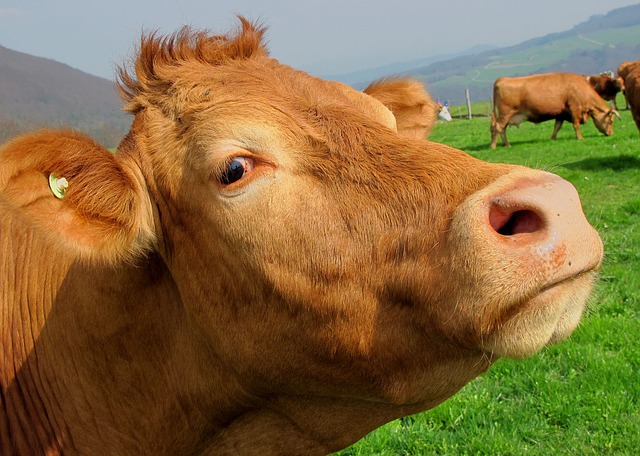The Mongolia Ministry of Food, Agriculture and Light Industry is reporting two cases of mad cow disease, or bovine spongiform encephalopathy (BSE) in the northern Darkhan-Uul Province, according to a Xinhua report.

Officials have been instructed to take all necessary measures to prevent the disease from spreading to other places.
According to the US Centers for Disease Control and Prevention (CDC), BSE is a progressive neurological disorder of cattle that results from infection by an unusual transmissible agent called a prion. The nature of the transmissible agent is not well understood. Currently, the most accepted theory is that the agent is a modified form of a normal protein known as prion protein. For reasons that are not yet understood, the normal prion protein changes into a pathogenic (harmful) form that then damages the central nervous system of cattle.
Mongolia has experienced frequent outbreaks of livestock animal diseases such as mad cow disease and the foot-and-mouth disease that has taken a toll on its meat exports.
- Australia: 1st known Candida auris case reported in Victoria
- Lyme disease in the US: The Quest Diagnostics Health Trends report
- Mexico prepares for increase in influenza
- MERS: The latest data from the WHO global update
- Red tide in Southwest Florida
- Dengue: More local cases reported in Greater Taipei
- Measles in Ukraine: 755 additional cases reported in past week
For more infectious disease news and information, visit and “like” the Infectious Disease News Facebook page


The prion is a red herring. Prions are thought to be self-replicating proteins. Some researchers believe prions are the cause of CJD and related illnesses because they have found prions in brain tissue from people with CJD and sheep with scrapie but not in normal brain tissue. A shortcoming in the prion theory is that CJD and scrapie can be transmitted without prions. Brain material from which the prion has been removed with antibodies can still infect animals. Moreover, the prion has been found in unrelated disease processes, such as Kawsaski syndrome and inclusion body myositis.
The protein that some researchers believe causes CJD and related illnesses is a reconfigured normal host protein. Studies have shown that if you take the gene for the normal protein out of the mouse, the mouse does not develop spongiform encephalopathy when injected with infectious material. The protein is likely important in the pathogenesis of the disease. Researchers have jumped to conclusions from that evidence to suggest that the protein has- to be the causative agent, and they have not considered any other possibility. It is quite possible that spiroplasmas may be inducing the formation of this prion protein to protect itself from the immune system”
Dr. Frank Bastian.
http://tseresearchcenter.org/
this mad cow disease that was reported as mad cow disease in Mongolia is now being reported as rabies…